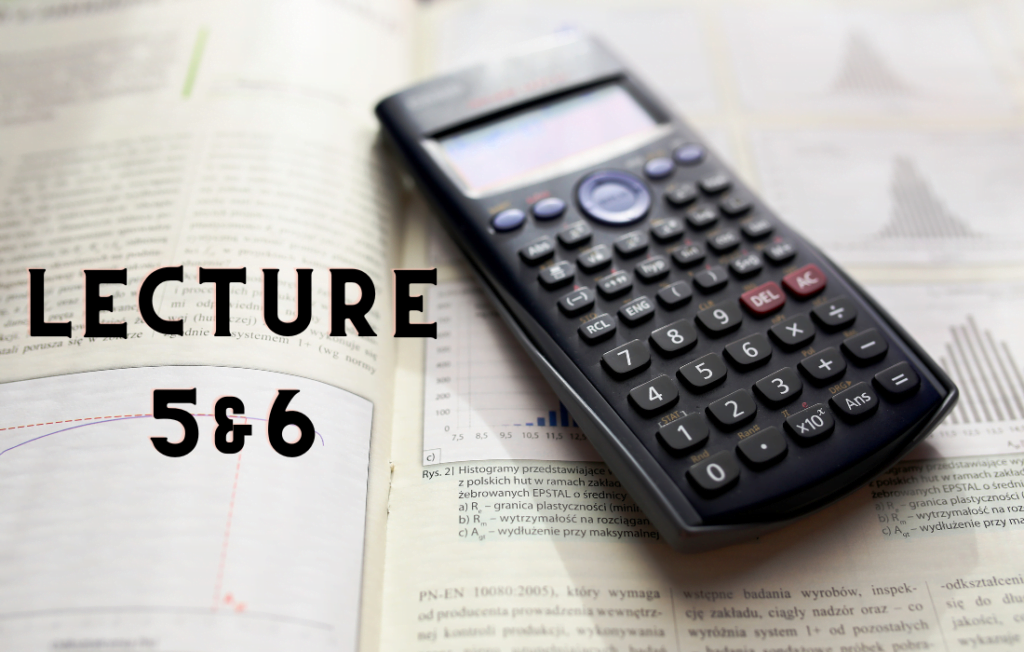(Lec 5-6 )
Difference between intensive and extensive property ?
| INTENSIVE PROPERTY | EXTENSIVE PROPERTY |
| The property which don’t depend on mass (free from size and shape ) . | The property which depend on mass (shape and size ) . |
| For example : temperature , pressure , rowh e.t.c | For example : Mass , Energy , volume , Entholpy e.t.c. |
Difference between state variable , state function and path function ?
| STATE VARIABLE | STATE FUNCTION | PATH FUNCTION |
| The variable with define the state of system is called STATE VARIABLE .’’ | The function whose value depend on initial and final state of a system independent of path following to change the state it does not depend on the past history it only depends on state of a system is called’’ STATE FUNCTION .’’ | Those functions which are dependent on path followed to reach that state are called ‘’ PATH FUNCTION ‘’ |
| For example : Temperature , pressure , volume e.t.c | For example : all types of energies ( G,F,U,V,T). | For example : Work , Heat . |
FREE ENERGY :
The energy of thermodynamic system which can be converted into useful work is called free energy and it depends on some conditions constraints.
TYPES / cases :
(i) Internal Energy : from first law of thermodynamics
dQ= dU + PdV
dQ – PdV = dU
dU = dQ – P dV (eq 1 )
we know that dS = dQ /T
TdS = dQ (eq 2 )
putting 2 in 1 eq we get
dU = TdS -PdV eq 3 {useful relation }
U=U(S,V)
dU = ( dU /dS )V dS + ( dU /dV ) S dV ( eq 4 )
comare eq 3 and 4 we get
T=dU/dS , P = -dU/dV
here U is known as thermodynamical potential .
(ii) Enthalpy :
H=U+PV ( eq 1 )
dH = dU +PdV+ V dP [differentiate eq 1 ]
putting dU value in above equation from case 1
dH = TdS –PdV +PdV +VdP
dH = TdS + U dP (eq 2 )
H = H(S,P)
dH = ( dH/dS )P dS+ ( dH/dP )S dP ( eq 3)
compareing eq 3 and 2 we get
T = (dH/dS )p ,V = ( dH/dP )s
where H is termodynamical potential .
(iii) Helmholtz free Energy .
F=U-TS
dF =dU -TdS (eq 1 )
dF = TdS -PdV –TdS -SdT
dF = -PdV -S dT ( eq 2 )
F = ( V , T )
dF = ( dF /dV )t dT +(dF / dT )v dV ( eq 3 )
compare 2 and eq 3
P ( -dF /dV )p ,S = (-dF/dT)
where F is thermodynamical potential .
(iv) Gibbs’s Free Energy .
G=U+PV -TS (eq 1 0
differentiate above eq
dG = dU + PdV -TdS +VdP +SdT
putting value of dU in above eq
dG = TdS –PdV +PdV –TdS +VdP + SdT
dG = VdP +SdT (eq 2)
G= G(V,S )
dG + (dG/dV) dT + ( dG /dS ) dT ( eq 3 )
comapre eq 2 and eq 3 we get
= V = ( dG /dP )P and S = (dG /dT )P
here G is thermodynamical potential .
Some basic Concepts
TRIAL :
Any experiment having unpredictable outcome is called trial.
for example = (i)executed performed according to the few present values. (ii)it should be repeated arbitary or randamly .
EVENT :
Possible outcome of any trial is called event.
for example = easy tossing a coin in this case possible outcomes head and tail.
SAMPLE SPACE :
Set of all possible outcomes of trial. ” or ” sample space is a collection or set of all possible outcomes of random experiment denoted by ”S” .
In case of tossing a coin S ={H,T} .
In case of throwing a dice ,S={1,2,3,4,5,6}
types of events
MUTUALLY EXCLUSIVE EVENT : two events aur mutually exclusive events if they cannot occurred same time.
By much will you save you mean that if one event occur than another cannot .
for example =you tossing a coin either it is head or tail.
EXHAUSTIVE EVENTS :
Total number of possible outcomes in a trial .
EQUALLY LIKELY EVENT :
that has some thoretical probability (or likehood )of occurring .
example = number on a dice is equally like occur when the dice is tossed .
COMPOUND EVENTS :compound events are two or more events that happen together .
for example =two coins are flipped or coin is flipped and then flipped a second time.
RANDOM EVENTs :
If we cannot predict the occurance of any event before it’s happening then we call it random events.
FAVOURIBLE EVENTS :
The event which will give you surely of occurance of any event is called favourable event .
